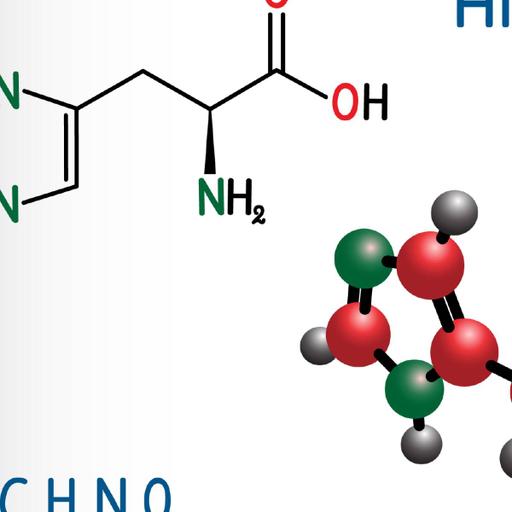Protein Biosynthesis
Presentations | English
Protein biosynthesis (synthesis) is the process in which cells build proteins. The term is sometimes used to refer only to protein translation but more often it refers to a multi-step process, beginning with amino acid synthesis and transcription which are then used for translation. This is known as protein folding. Protein synthesis occurs on ribosomes in the cytoplasm of a cell but is controlled by DNA located in the nucleus. Protein synthesis is a two-part process that involves a second type of nucleic acid along with DNA. This second type of nucleic acid is RNA, ribonucleic acid. It includes three steps: initiation, elongation, and termination. After the mRNA is processed, it carries the instructions to a ribosome in the cytoplasm. Protein biosynthesis has a key role in disease as changes and errors in this process, through underlying DNA mutations or protein misfolding, are often the underlying causes of a disease. DNA mutations change the subsequent mRNA sequence, which then alters the mRNA encoded amino acid sequence.

22.00
Lumens
PPTX (88 Slides)
Protein Biosynthesis
Presentations | English
